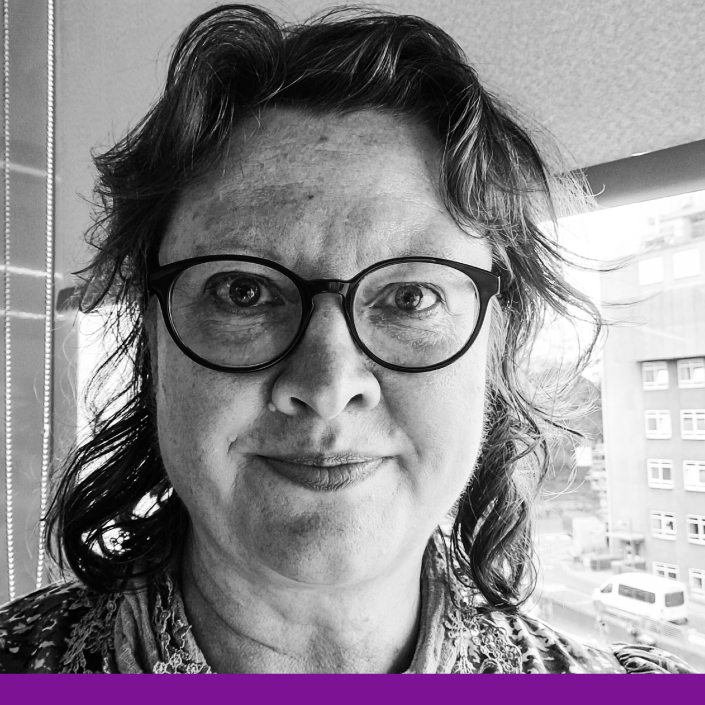From an asylum hearing to a documentary theatre performance – resemiotization as a tool to understand institutional suspicion
This talk is based on the true story of a refugee artist, Bakr, who sought asylum in Finland during the so-called refugee crisis in 2015. He is an actor, an atheist with a Sunni-Muslim background, and his artistic performance has been interpreted in his home country, Iraq, as hostile to the political regime and Islam.
During the asylum hearing interview in The Finnish Immigration Service Bakr described in detail a play Waiting for Godot written by Samuel Beckett. Waiting for Godot is crucial for Bakr. He sold everything to obtain money for staging and performing the play in Iraq. Bakr said that he ”wanted to question God’s existence”. Bakr and his colleagues faced the threat of being killed due to their work on Waiting for Godot and other performances, forcing them to flee the country.
Bakr told about his arts and the play in Arabic, which was interpreted into Finnish. In the memo of the interview written in Finnish, it became evident that neither the interpreter nor the official recognized the play or the writer. Waiting for Godot was written as Fi Entethar Godot and Samuel Beckett became Sumael Bikit. Bakr’s work as an actor was defined by Finnish migration officials as something that “causes chaos and just aims at shocking people” rather than as artistic expression and freedom of speech. He received a negative decision on his application.
At the same time, artist-researcher, actor, and director Jussi Lehtonen from the Finnish National Theatre initiated the idea of taking part in public discussions about the so-called refugee crisis in Finland. He set up a documentary-based theatre project and invited several artists – those who have come to Finland as refugees seeking asylum and Finnish-born artists – to join forces and document this particular time. Bakr was recruited for the performance, and his story was included in the performance (Lehtonen & Pöyhönen, 2019).
In this talk, I draw on Rick Iedema’s (2003) concept of resemiotization, which “is about how meaning making shifts from context to context, from practice to practice, or from one stage of a practice to the next.” (p. 41). I use resemiotization to understand how a story told in a high-stakes asylum hearing is translated into a bureaucratic document and later into a carnevalistic documentary theatre performance. Methodologically, I bring together arts-based research and linguistic ethnography to investigate the interpretation and misinterpretation of meanings in asylum politics, while also examining the consequences that result from technologies of institutional suspicion (Haas & Shuman, 2019).
Bio
Sari Pöyhönen is Professor of Applied Linguistics at the Centre for Applied Language Studies, University of Jyväskylä, Finland. Her research and writing focus on language, identity and belonging, minorities and language rights, migration, asylum and settlement, and adult migrant language education policies. She has been a PI in several multidisciplinary research projects combining arts-based research and linguistic ethnography. These include: Jag bor i Oravais (everyday life of adults and unaccompanied minors seeking asylum in Swedish Ostrobothnia, 2015-2018), Toinen koti – Other home (Documentary theatre project based in the Finnish National Theatre, 2016-2018), Rajojen yli – Crossing Borders (Artistic practices in performing and narrating belonging, 2017-2021) and Medspråk (language choices and linguistic citizenship of asylum seekers and refugees in need of temporary protection living in Swedish-dominant Finland, 2023-2024).
